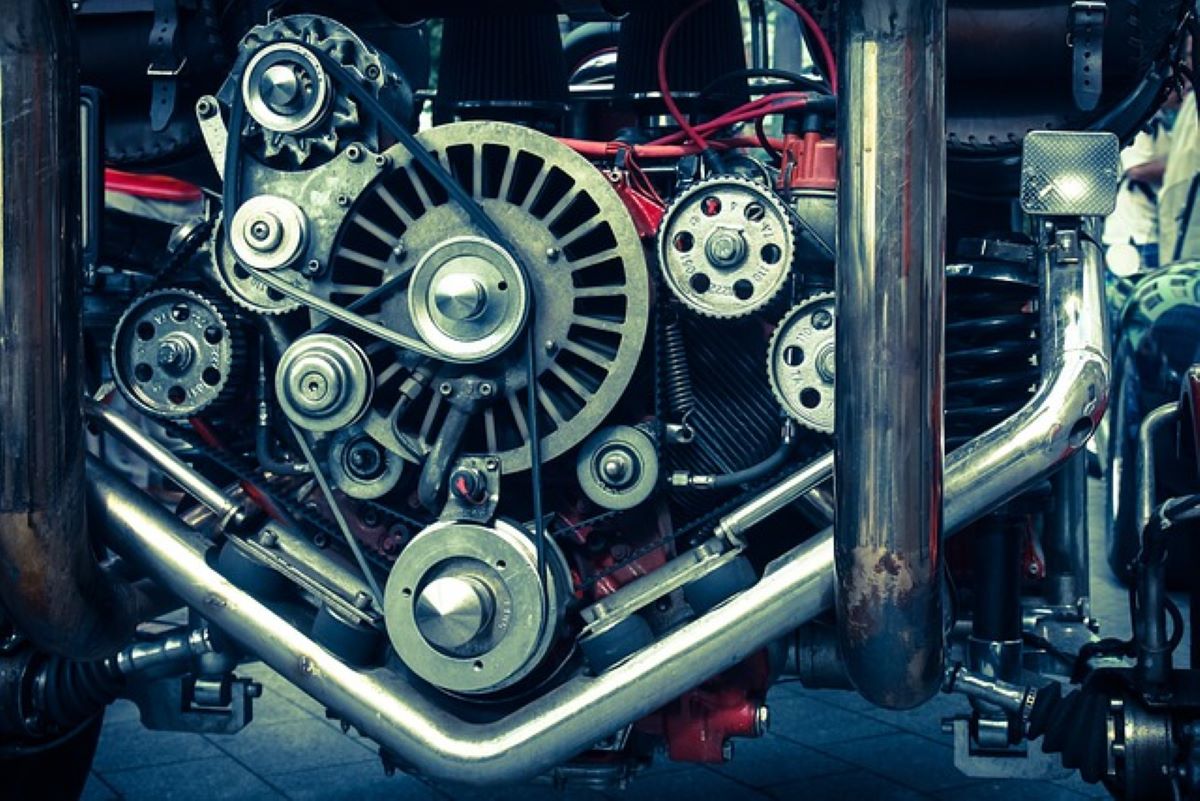Most of you must often have heard the term “cc”. What does CC mean in an engine? This is specifically used to highlight the performance and power of a car. The technical full form of cc is cubic centimetres, the S.I. unit for measuring the volume of engine capacity. Also referred to as “engine displacement”, it is the first information car manufacturers quote with the engine features.
So, what is the engine efficiency of all vehicles driving on roads? How does cc impact performance and mileage? Which engine is the best for your car? And most importantly, what does CC mean in an engine? Continue reading this guide to get your answers in depth!
Related: What is RPM in Cars?
What Does CC Mean in an Engine?
In cars, the cc or engine size refers to the volume of air and fuel that can be inserted through the engine cylinders and is measured in cubic centimetres. The cc figure provided by the manufacturers is generally the fused capacity of all engine cylinders in a car as it completes one round.
For example, if a car has four burning cylinders and a volume of 1.0 litres, then all four can hold 1.0 litres of air and fuel mixtures inside them. If a car engine is only furnished with one cylinder, that one cylinder will be able to accommodate all the air inside it during ignition. The dimensions of a car are specified in litres, then rounded up to the nearest tenth of the litre.
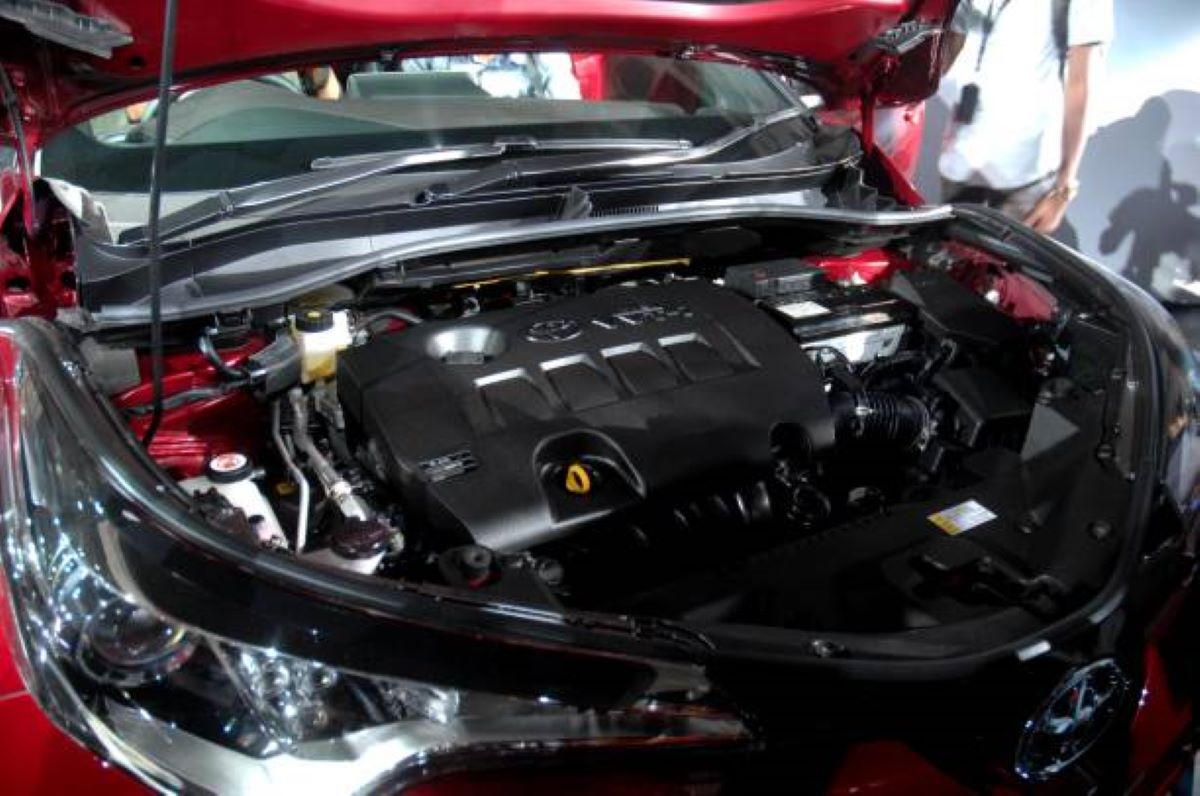
For example, a car that features 1790 cc is a 1.8-litre car.
In petrol engines, the engine size is classified into four groups, namely:
- Under 1.0 litre
- 0 litres to 2.0 litre
- 0 litres to 3.0 litre
- over 3.0-litre engines
In engines with a volume of less than 1.0 litres, you may find three to four combustion cylinders, most of which utilise turbochargers for extra torque.
In conventional car models, a higher engine volume produced more power and performance than small engine vehicles. However, today’s cars are furnished with turbocharger engines that produce more power than the traditional ones. To set up the power produced by a specific car engine, you only need to focus on the horsepower values, expressed in ‘hp’.
Although many people express both horsepower and CC to mean the same thing, both these units express different values of a car engine. While CC measures engine capacity, horsepower determines the universal output of a car’s engine.
What is ICU mileage?
After knowing what cc means in an engine, let’s move further. What is ICU mileage in engines? Mileage is one of the most important factors that car owners pay attention to before buying a car or bike. Essentially, mileage refers to the number of kilometers a vehicle can travel on one liter of petrol or diesel.
There are many different options for the word “mileage” such as average mileage for a motorcycle, average mileage for a car, etc.
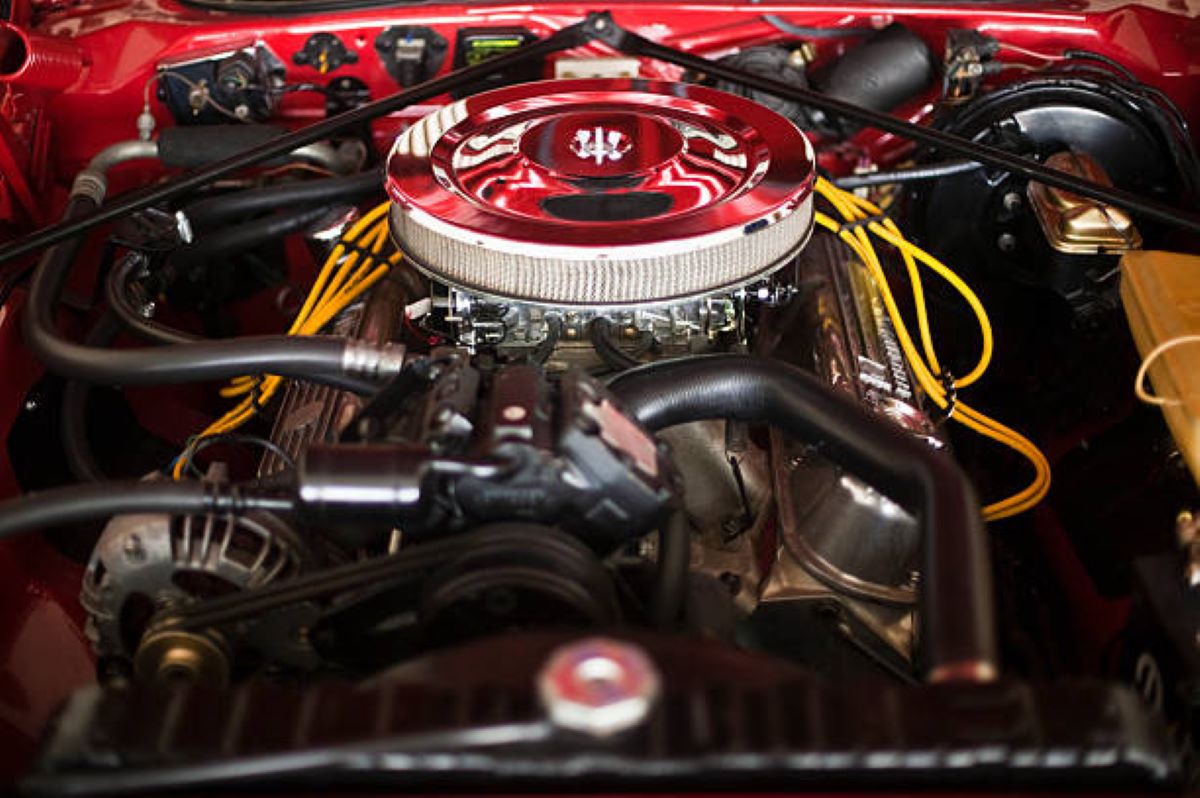
Why is vehicle mileage important?
One of the biggest costs of owning a car is the cost of fuel. As fuel prices continue to rise around the world, these costs become a major burden for car owners worldwide. If a vehicle has a high mileage, i.e. h. it can go many kilometers on less fuel, which is a big advantage.
Higher average fuel consumption means that car and motorbike owners spend less on petrol and diesel, increasing overall savings. On the other hand, lower mileage means the engine burns fuel faster and the tank needs to be refilled more frequently, increasing costs. Saving money through low fuel consumption has become a very important factor for cars and motorcycles.
How Are Horsepower and Cc Related?
Horsepower and cubic centimeters are both important values to define a vehicle’s engine performance. However, they measure two completely different aspects. Horsepower represents acceleration and top speed, while cubic centimeters represent displacement and torque. Of course, there are vehicles with more horsepower and larger displacement, but it comes down to what you need.
If you’re looking for a car that accelerates and is fast, choose a car with more horsepower. If you want a vehicle with a larger towing capacity, a vehicle with a larger displacement is best.
How to convert cc to hp
Converting ccm to hp won’t give you an exact value, but you can try. Some online calculators will do the conversion for you, but if you want to do it manually, there are two ways:
- For four-stroke engines
This first method only applies to small four-stroke engines.
A 32.2 cc four-stroke engine produces 1 horsepower, so experts have created this formula: cc 32.2 = HP For example, a small 200 cc four-stroke engine can produce about 6.21 horsepower.
- For Other Engine Types, There is no surefire way to convert cc to hp because so many factors can affect performance.
However, you can at least get the range by using these two formulas: cc 15 = HP cc 17 = HP For example, a 1500 cc engine produces approximately 88.24 to 100 HP.
Using a range instead of a single number helps you take into account other factors that may affect your vehicle’s performance.
How CC Affects Car Performance
Also Read: How Cars are Tested for Safety: Revealing All Secrets!
An engine CC is an important controller of your vehicle’s outputs, such as mileage, torque, and engine power. To clearly understand how the engine capacity functions, let’s suppose a vessel is full of water. The bigger the vessel, the more it can accommodate the water and gulp it. The same concept is applied to car engines. The bigger the cylinder space to hold the air ignition and fuel, the more power will be produced.
As the dimensions grow, so does the quantity of fuel sprayed into the cylinder. In short, the power output of an engine is normally directly proportional to its capacity. Yet, it only applies to traditional car designs and models.
Here’s how the CC impacts the performance of various engine volumes on the market:
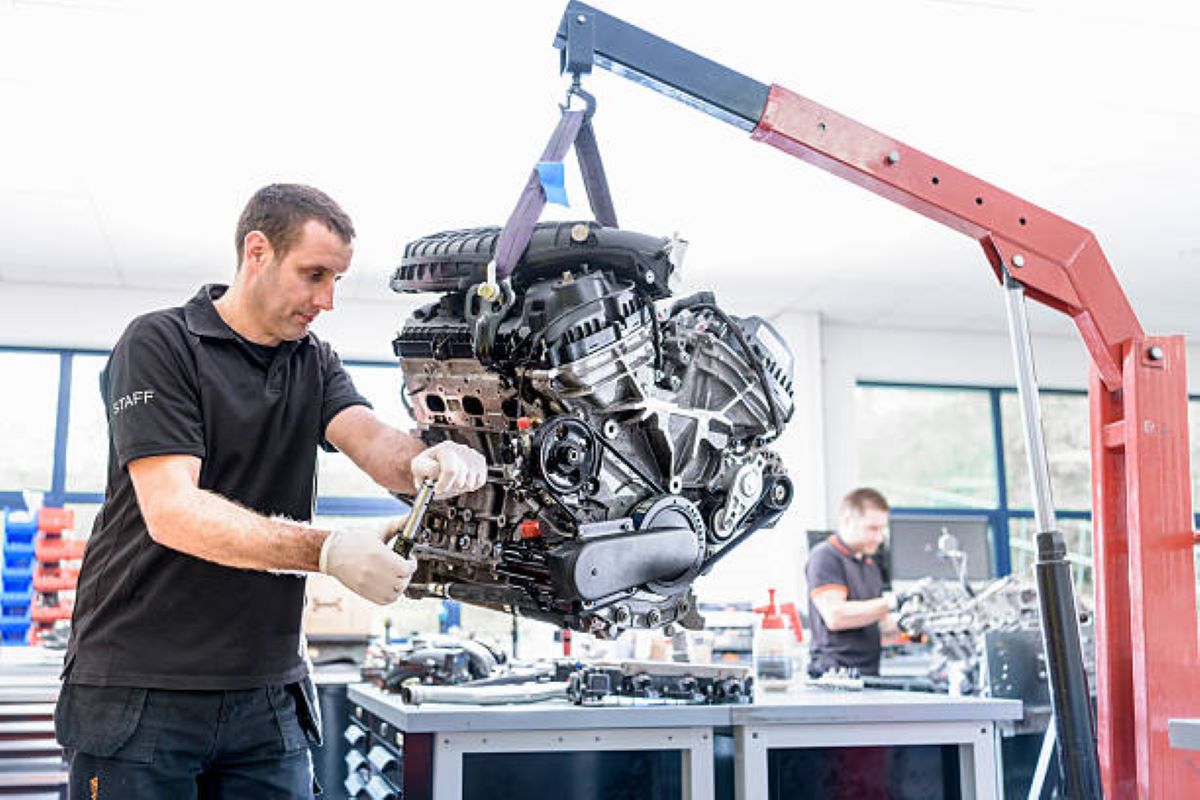
● Small Engine Cars
These have a capacity of 1.0-2.0 litres and are the most financially-savvy ones. They burn less fuel to produce power although it results in the production of less power compared to larger engine designs. These are also more fuel-efficient if only used for the purpose they’re designed for, which is usually driving on city streets. If you need to top up the speed, you’ll need to increase the fuel consumption.
● Large Engine Cars
These range from 2.0 litres and above. Moreover, these are more efficient and powerful than small-engine cars and consume more fuel. These have a greater acceleration and can reach top speeds. Yet, these require more fuel to be injected into the cylinders to boost the power produced during combustion. Ultimately, this makes large-engine cars less sustainable.
● Turbo Charger Engines
Sometimes, the engine volume doesn’t essentially denote the amount of power generated. Engines equipped with turbochargers can quickly accelerate with increased fuel efficiency and power output without requiring a higher engine CC.
Turbocharger engines often match the performance of other types of vehicles, For example, a Subaru 1-litre Ecoboost turbocharged engine can produce as much power output as a 1.9-litre, 3-cylinder engine.
How CC Affects Mileage
As you may have heard, inserting more fuel into the cylinder engine increases fuel consumption and performance. However, this normally decreases the car’s mileage. So, in this regard, mileage is inversely proportional to traditional engine designs. Fortunately, dealers have understood this concept and are creating petrol engines that can balance power and mileage to give better performance and fuel efficiency.
Normally, cars equipped with fuel engines that provide better fuel mileage range to a category of up to 1,000cc. Engines with capacities from 1000 cc to 1500 cc give better mileage, while engines from 1500 cc to 1800 cc give moderate fuel consumption. Car engines with engine capacity from 1,800 ccs to 2,500 ccs have lower mileage and cars with engine capacity over 2,500 cc have the lowest mileage.
Which engine capacity is best for me?
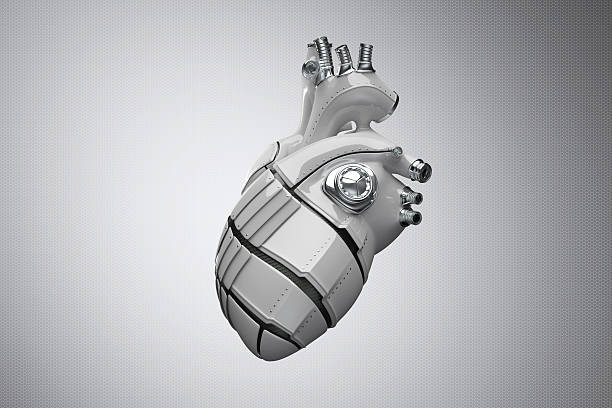
Big budget:
When buying a car, you should take time to consider your needs and preferences. If your budget is flexible enough to buy a car with higher insurance and fuel costs, consider choosing a car with a higher CC as owning it will be less cumbersome. This also applies to car enthusiasts who want a more enjoyable driving experience with unique cars during their daily commute.
However, it’s important to note that cars with larger engines are often considered high-risk vehicles by insurance companies. You may have to pay higher insurance premiums after purchasing the car. But at least you’ll get improved performance and power from a car that can make power. A car like the Ford Focus ST or Audi A5 will tune your engine.
Small budget:
If your priority is to save more money by reducing fuel costs, lower car payments and cheaper insurance, consider choosing lightweight cars with CC lower. New urban car models such as the Peugeot 107 have lower top speed and acceleration while minimizing interior space.
However, city cars are significantly more affordable and perform better than higher CC cars.
The Eco-Friendly Driver:
If you are an environmentally conscious driver, you should explore the possibility of purchasing a car with a hybrid engine. These models combine the range and power of a conventional engine with the ecological benefits of an electric motor.
Hybrid vehicles can significantly reduce emissions as well as fuel consumption in many ways. These include the ability to drive at low speeds and taxi under electric power when taking off. These vehicles use kinetic motion to return energy to the vehicle’s battery while the engine uses gasoline or to recharge the vehicle when you prompt the vehicle to switch back to using the electric motor.
Off-Road Drivers:
If you’re an off-road enthusiast and want to buy a vehicle that doesn’t sacrifice fuel economy and performance, you might want to look for a mid-size engine equipped with turbochargers. These types of vehicles offer improved performance without sacrificing too much money spent on insurance premiums or fuel economy.
Whether you are looking for an extremely powerful vehicle or an affordable functional vehicle, the first thing to do is research the engine size of the vehicle you are planning to buy. This research will help you determine whether it meets your needs and preferences and whether it is worth the price. You can easily check the engine capacity of any car using online testing tools.
Does more CC mean faster speed?
There are many factors, including motorcycle weight, compression ratio, bore/stroke ratio, etc., which also influence, along with engine cc, the maximum speed a motorcycle can reach Okay. The most important of these is the power-to-weight ratio.
The power-to-weight ratio of a motorcycle can have a significant impact on the maximum speed that can be achieved. Typically a higher power-to-weight ratio will result in a higher speed if everything else remains the same. Likewise, if all other factors remain the same, more cc means more speed.
However, in reality, more DC also affects other variables and can necessarily lead to higher speeds.
Are higher DC motors better?
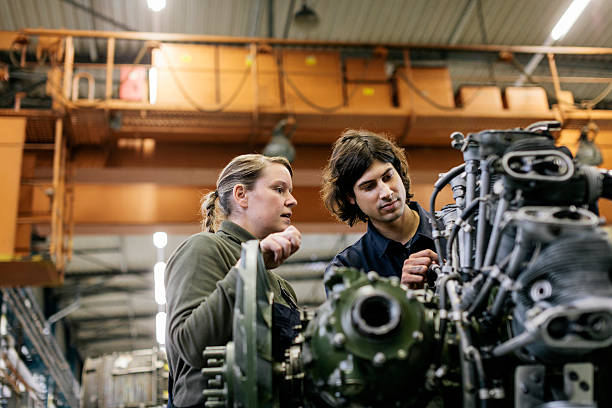
Higher cc engines are not necessarily better. A larger engine has a larger displacement on a motorcycle, which produces more torque and in most cases, more power output, but also has lower running costs. Not to mention that larger displacement motorcycles generally cost more.
If you want a high-performance motorcycle for daily commuting, then it makes no sense to choose a motorcycle with a more powerful engine. On the other hand, if you are looking for a good sports bike, you can also choose a higher cc. It all depends on what the rider needs you to see. In short, higher cc does not necessarily mean better.
While larger displacement engines produce more torque and horsepower, they consume more fuel resulting in lower mileage and are also heavier. DC motors must be adapted to the rider’s needs, whether they want a high-performance motorcycle with a moderate DC motor or a sport bike with a higher DC motor.
What Does CC Mean in an Engine: Conclusion
We hope you’ve got an answer to “What does CC mean in an engine?”. “CC” in engines simply refers to the displacement of the engine, usually measured in cubic centimetres. The displacement of a DC motor is an important factor to consider when buying a vehicle because it determines the power output of your motor. In conventional cars, more CC does not necessarily mean higher speed.
It also doesn’t make these big bikes any better. Although vehicles with high CC may produce more horsepower and torque, they typically consume more fuel, which often results in poor mileage. They are also often very heavy.
If you want a city car for your daily commute, consider buying a car with a lower CC, but if your budget is flexible and you’re looking for a powerful engine with plenty of torque- of torque, a car with a higher CC will be the perfect choice for you. If you are an environmentally responsible driver, cars equipped with turbochargers will interest you.
If you don’t carefully research the engine capacity, you could end up buying a car with poor fuel economy, poor performance, and having to pay a lot for insurance.
Read Also:

